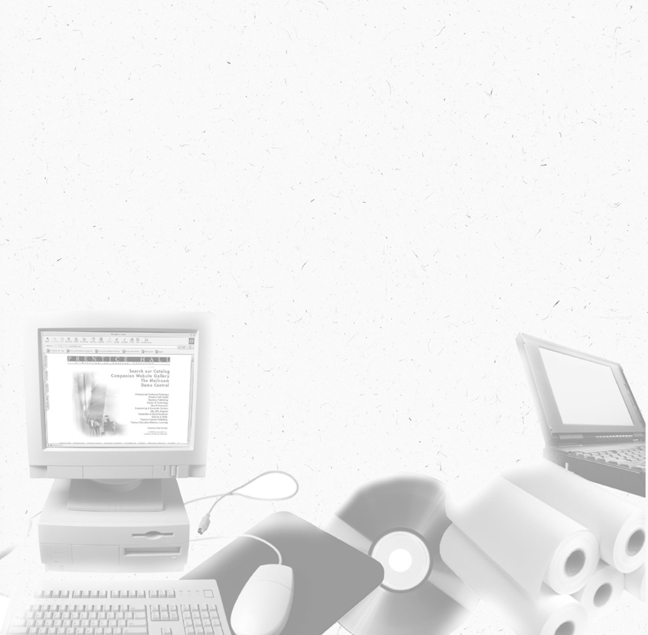


REVIEWS and COMMENTS
I first met Michael Kleper in 1972 as the Rochester Institute of Technology had just moved to its new campus. Michael taught what was then advanced typesetting technology. Photocomposition was replacing hot metal and the printing world was about to change forever.
Over the years he always been one step ahead of the technology. In 1984 he received the Distinguished Service Award from the National Composition Association of the Printing Industries of America. It was aptly fitting since its first recipient was Louis Moyroud, one of the inventors of photographic typesetting. For many years his column in TypeWorld magazine was must reading. In 1987 his Illustrated Handbook Of Desktop Publishing and Typesetting weighed in at seven pounds and documented the desktop publishing revolution. It is truly a time capsule. Smaller works followed and now Michael is back big time with this imposing publication. I think Michael's goal is a publication that weighs more than he does.
Digital publishing encompasses the worlds of pre-press, printing, the Internet, recorded media, workflow, and a host of enabling technologies in-between. The revolution has moved from printing to publishing as ink-on-paper competes with pixels-on-screen. The tools of both are similar but different, and cross-media publishing is now commonplace as information is re-purposed from print to the Web and back again.
Someone once said, and I think it was Michael Kleper, that we are all in the knowledge business. We take information and package it-whether it is a book or a magazine or a single sheet of paper with type on it may be academic-and then distribute it. That led to three distinct operations: the creation part which involved data collection and formatting, the packaging part which involved pre-press and print, and the distribution part that involved book stores and newsstands, and a lot more. The Internet compresses them into a massive information entity that puts knowledge at our fingertips and before our eyeballs.
Print does not disappear, it becomes an adjunct medium-print what you want when you want where you want. We are now in the on-demand, just-in-time, fast food age that wants what it wants when it wants it. I do not want it absolutely positively tomorrow-I want it now.
Digital publishing is our present and our future. We will have access to more information than mankind has ever had access to. We will know more and I hope we will use that knowledge wisely. And Michael Kleper has provided the guidebook for the new world of publishing while keeping a firm hold on the old world of publishing. He tells us how it was and how it will be and how to get there from here.
Frank Romano, College of Imaging Arts and Sciences, Rochester Institute of Technology